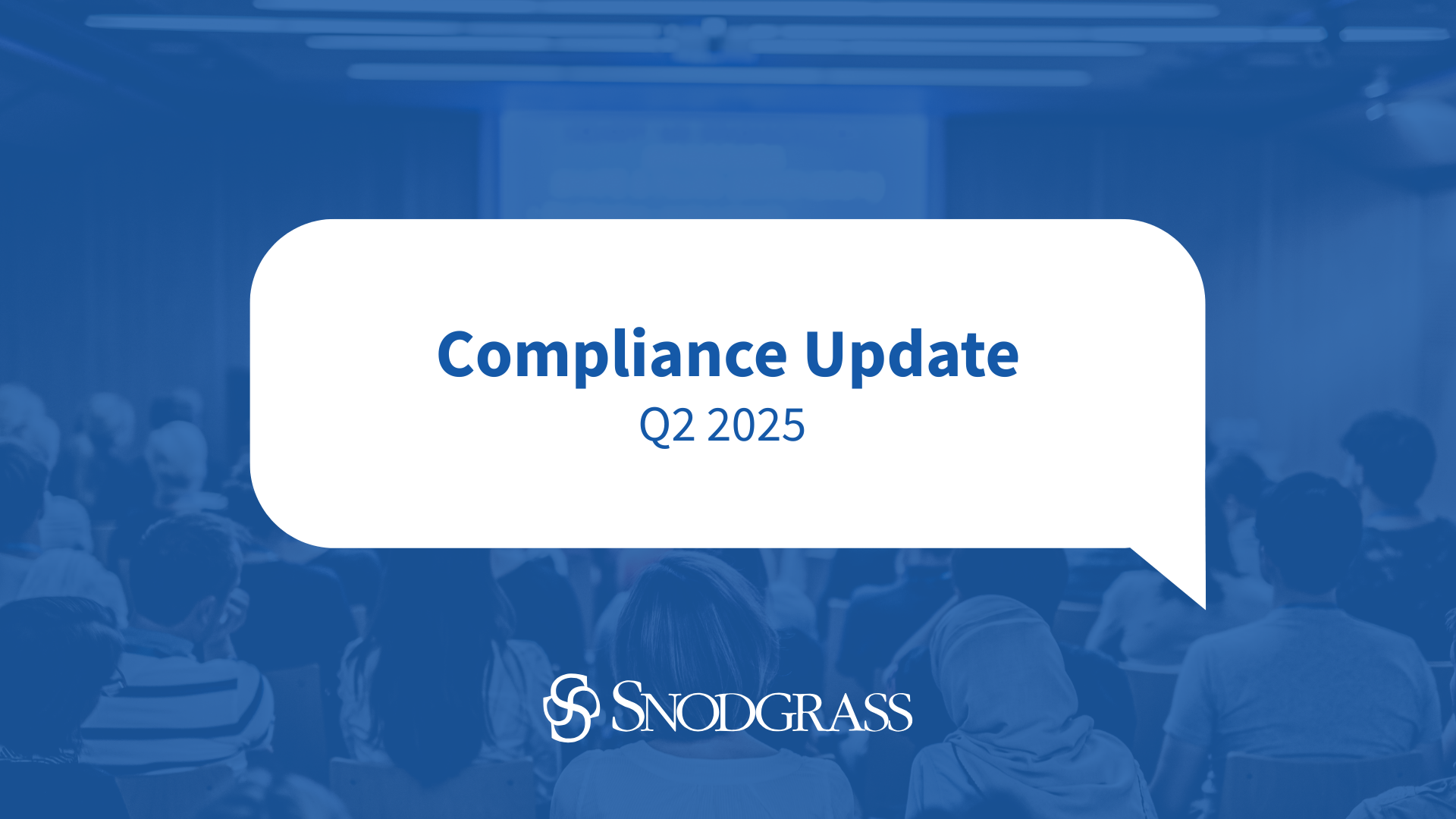In the past 12 months, the Internal Revenue Service has made clear, with various press releases, memorandums, and similar announcements, its concern regarding claims made by employers for the Employee Retention Credit (ERC) that do not meet the requirements as provided in the CARES Act and subsequent guidance. The IRS has been clear that while the ERC is certainly available to those businesses that meet the requirements, they believe that many claims have taken overly aggressive positions in the interpretation of the rules and have filed claims for the ERC that do not meet the requirements for the claim. While there have been numerous statements from the IRS recently making the IRS’s viewpoint clear, there have been three very recent announcements that businesses that have previously claimed, or are considering claiming, the ERC should be aware of.
IRS MORATORIUM ON PROCESSING ERC CLAIMS
On September 14, 2023, the IRS announced in a press release that it was placing an immediate moratorium on processing ERC claims filed on or after September 14, 2023, that will last at least until the end of 2023 (IR-2023-169). In its announcement, the IRS repeated its advice that businesses considering filing a claim carefully review the rules and guidance related to the ERC to be certain that they qualify for the credit. The IRS does state that legitimate claims could still be filed, but no action will be taken on them until after 2023. The IRS announced that during this pause, they will be working on adding new protections and safeguards to prevent improper claims from being filed and that claims will be facing higher scrutiny.
IRS ANNOUNCES PROCESS TO WITHDRAW ERC CLAIMS
On October 19, 2023, the IRS announced in a press release a special process for certain taxpayers to withdraw ERC claims made with amended payroll tax returns (IR-2023-193). The IRS announced this new process in response to the concerns regarding improper ERC claims and to help protect taxpayers from later being assessed penalties and interest charges on ERC claims that do not have the facts necessary to satisfy the requirements. When this new process was announced, the IRS Commissioner stated that “the withdrawal option allows employers with pending claims to avoid future problems, and we encourage them to closely review the withdrawal option and the requirements.”
The withdrawal process can only be used by certain taxpayers. For instance, businesses that have already received refunds related to their ERC claims cannot use this new withdrawal process. The IRS did announce, however, that employers that cannot use this process may still be able to file another adjusted tax return to change their ERC claims. The IRS also announced that they are working on guidelines to help employers that have already received refunds related to their ERC claims but now believe that they did not meet the requirements. Businesses were advised to expect details regarding this in the near future.
OFFICE OF CHIEF COUNSEL IRS MEMORANDUM REGARDING OSHA COMMUNICATIONS
On November 3, 2023, the IRS Office of Chief Counsel released its Generic Legal Advice Memorandum (GLAM) to the public concerning the use of Occupational Safety and Health Administration (OSHA) communications to substantiate the “government order” requirement of the ERC (GLAM 2023-007). The GLAM’s purpose was to assist the IRS with the fact that “some taxpayers have argued that their businesses were fully or partially suspended for purposes of the ERC because OSHA communications constituted an order that suspended the operation of their trade or business.” In its conclusion, the GLAM stated that “communications from OSHA are not considered orders from an appropriate governmental authority that limit commerce, travel, or group meetings due to coronavirus disease 2019 (COVID-19), for purposes of section 2301(c)(2)(A)(ii)(l) of the CARES Act and section 3134(c)(2)(A)(ii)(l) of the Code.” The GLAM generally makes the case that from the IRS’s point of view, OSHA communications regarding safety measures such as social distancing would not be sufficient to meet the “governmental order” requirement for the ERC.
The GLAM went further to state that even if the OSHA recommendations and guidance were to become mandatory orders from a governmental authority, modifications that required only minor adjustments to customer behavior or employee behavior to follow the order most likely would not result in a “more than nominal effect on business operations” (another ERC requirement) because the employers could generally “continue operations of their trade or business without a reduction of their ability to provide goods or services in the normal course of the employer’s business.”
It is important to note that a GLAM is legal advice issued to IRS employees constituting informal guidance on certain matters and cannot be used or cited as precedent. It does, however, provide insight as to how the IRS views matters and how they can be expected to consider them in an examination.
These three specific IRS announcements are by no means the only instances of the IRS attempting to warn taxpayers of inappropriate ERC claims and inform them that it is an issue that the IRS is taking very seriously. There are numerous other examples of statements made by the IRS meant to alert the public about this issue, and it is expected that there will be more to come. The complex rules of the ERC and the lack of any settled rulings related to the interpretation of these rules in specific situations all lead to an environment of uncertainty, leaving taxpayers and their advisors trying to navigate the situation as best they can.
It is important to note that any taxpayer that meets the “reduction of income” threshold included in the ERC rules, or otherwise has facts that clearly meet the requirements of the ERC, is certainly entitled to claim the credit. Any taxpayer that has claimed the ERC, or is currently considering making an ERC claim, that is unsure if their facts satisfy the ERC rules should closely look at the information the IRS is providing regarding the rules of the ERC and decide if they need to revisit their analysis and whatever decisions they have previously made.
If you wish to discuss this matter further, please contact Charles Marston or Danelle Stewart at cmarston@srsndograss.com or dstewart@srsndograss.com.



